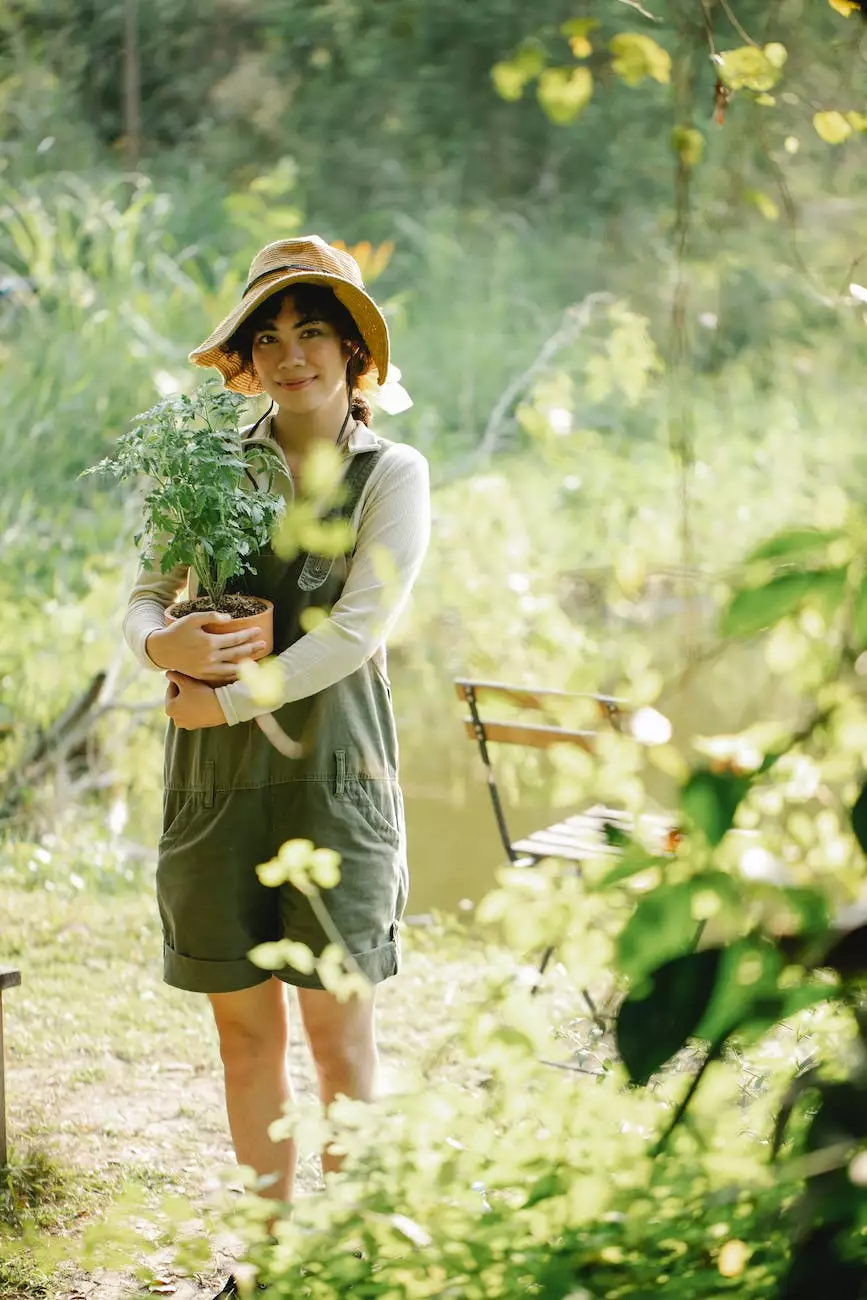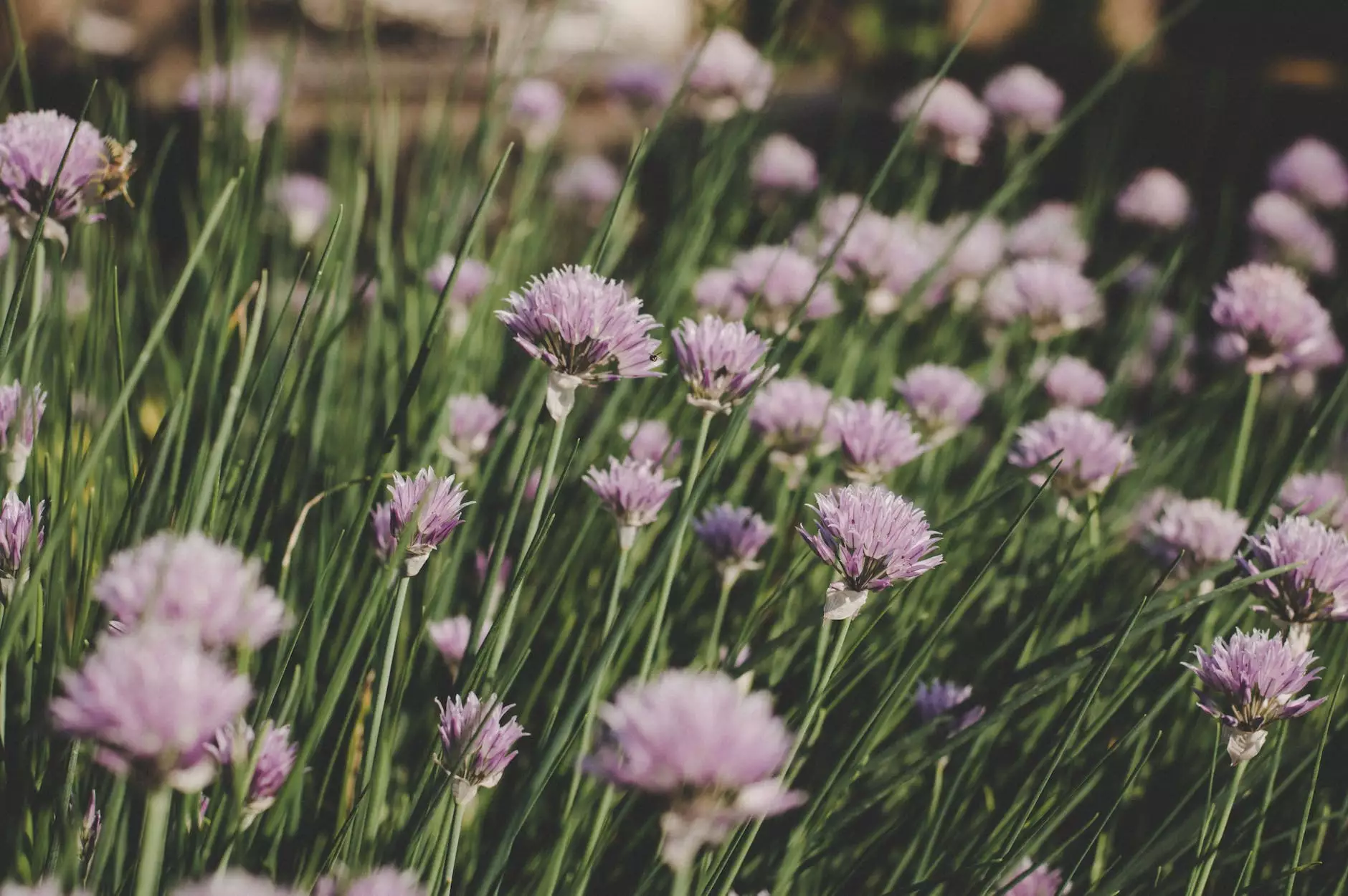BIODYNAMICS: Enhancing Your Home and Garden with Gardening Adventures Perennials
Healing Garden
Introduction
Welcome to Gardening Adventures Perennials, your ultimate resource for all things related to home and garden. In this article, we will explore the fascinating world of biodynamics and how it can revolutionize your gardening practices. Whether you're a seasoned gardener or just starting out, biodynamics offers a holistic approach that can enhance the overall health and vitality of your plants, creating a harmonious connection with nature.
What is Biodynamics?
Biodynamics is an ecological and sustainable approach to agriculture and gardening, originating from the principles outlined by Rudolf Steiner in the early 20th century. This holistic system takes into account the interconnectedness of the entire ecosystem, emphasizing the importance of biodiversity and the interplay between the soil, plants, animals, and celestial forces.
At Gardening Adventures Perennials, we believe in harnessing the power of biodynamics to create thriving, resilient gardens that go beyond organic practices. By working in harmony with nature's rhythms and cosmic influences, biodynamics aims to restore and cultivate vibrant, nutrient-rich soil, leading to healthier plants and increased yields.
Key Principles of Biodynamics
Biodynamic gardening is built upon a set of key principles that guide the practice. Let's explore some of the fundamental aspects:
1. Organic Practices
Biodynamics places a strong emphasis on organic cultivation methods. By avoiding synthetic fertilizers, pesticides, and genetically modified organisms (GMOs), biodynamic gardens strive to create a self-sustaining and ecologically balanced environment.
2. Soil Health
Biodynamic gardening recognizes the soil as a living entity, full of diverse microorganisms and beneficial fungi. Through practices such as composting, cover cropping, and crop rotation, biodynamic enthusiasts aim to rejuvenate and improve soil structure, promoting optimal nutrient absorption and water retention.
3. Cosmic Rhythms
Biodynamics acknowledges the influence of celestial bodies on plant growth and development. As such, planting and tending to crops are done in alignment with lunar and celestial rhythms. Understanding the unique energies provided by different phases of the moon helps optimize gardening activities, from sowing seeds to pruning.
4. Biodynamic Preparations
Biodynamic gardening involves the use of specially formulated preparations that enhance soil vitality and plant health. These preparations, such as horn manure and horn silica, are made from specific plant and mineral materials and are applied in diluted forms to activate and balance the soil's natural processes.
The Benefits of Biodynamics
Implementing biodynamics in your gardening practices can yield numerous benefits. Here are some advantages you can expect:
1. Enhanced Soil Fertility
Biodynamics focuses on nurturing the soil through organic matter and beneficial microorganisms. This improves soil structure and fertility, leading to healthier plants and increased nutrient availability.
2. Increased Plant Vitality
By creating a balanced and thriving ecosystem, biodynamic methods promote the overall vitality of plants. This results in stronger immune systems, improved growth rates, and increased resistance to pests and diseases.
3. Nutrient-Dense Produce
Biodynamically grown produce has been found to contain higher levels of essential vitamins, minerals, and antioxidants. The nutrient-rich soil and careful cultivation practices contribute to the superior quality and taste of biodynamic crops.
4. Environmental Sustainability
Biodynamics prioritizes biodiversity, conservation, and ecological harmony. By reducing reliance on external inputs and focusing on self-sufficiency, biodynamic gardens contribute to a healthier planet and reduced carbon footprint.
Getting Started with Biodynamic Gardening
Are you ready to embark on a biodynamic gardening journey? Here are a few tips to help you get started:
1. Educate Yourself
Explore books, articles, and online resources that delve into the principles and practice of biodynamic gardening. Familiarize yourself with the lunar calendar and celestial influences to make informed decisions about planting and tending to your garden.
2. Prepare Biodynamic Preparations
Learn how to create and apply biodynamic preparations, such as horn manure and horn silica. These potent remedies nourish the soil and activate its inherent vitality. Gardening Adventures Perennials offers workshops and educational materials to guide you through the process.
3. Foster Biodiversity
Encourage biodiversity in your garden by growing a variety of plants that support beneficial insects, birds, and other wildlife. Creating a balanced ecosystem helps naturally control pests and promotes pollination.
4. Practice Composting
Implement composting as a key part of your gardening routine. Compost enriches the soil with organic matter and essential nutrients, fostering improved soil fertility and structure.
5. Join the Biodynamic Community
Connect with like-minded gardeners who share your passion for biodynamics. Attend local workshops, join online forums, and participate in community events to exchange ideas, learn from experienced practitioners, and find support along your biodynamic gardening journey.
Conclusion
Biodynamics is a powerful approach that can elevate your home and garden to new heights. By embracing the interconnectedness of all living things and working in harmony with natural rhythms, you can create a thriving and sustainable garden that is not only visually stunning but also a haven for biodiversity and ecological balance.
At Gardening Adventures Perennials, we are committed to empowering gardeners with the knowledge and tools needed to embrace biodynamic gardening practices. Join us on this exciting journey as we explore the limitless possibilities of biodynamics together!




